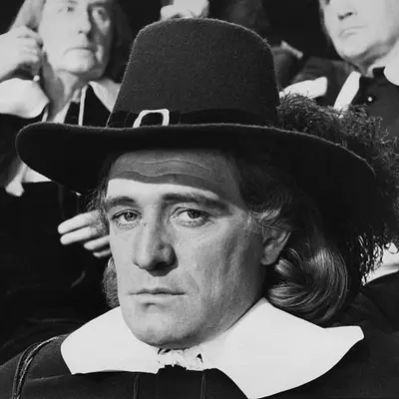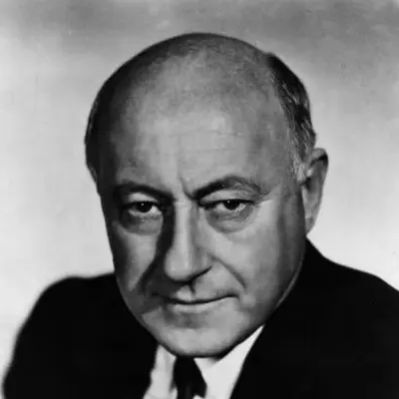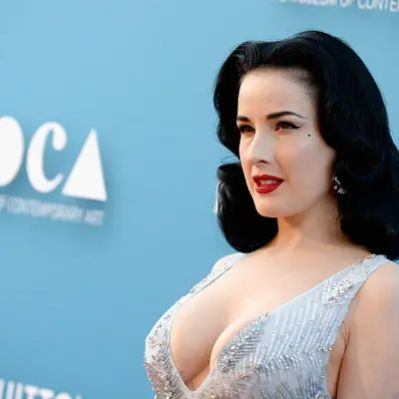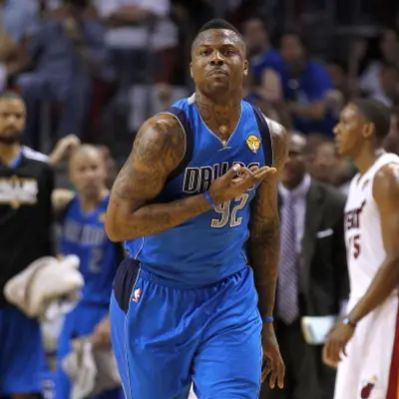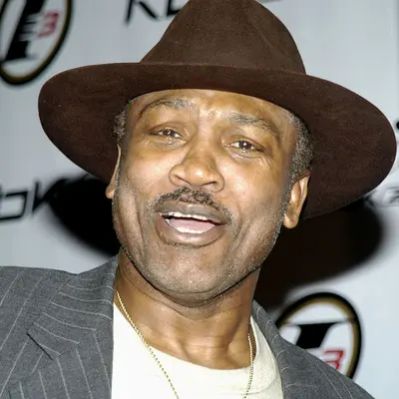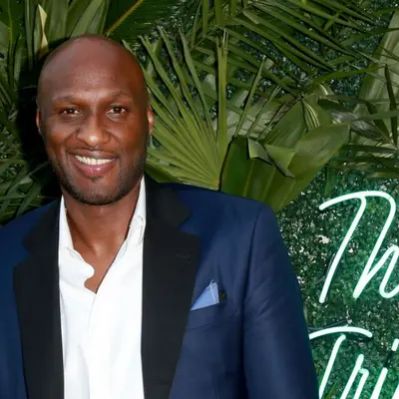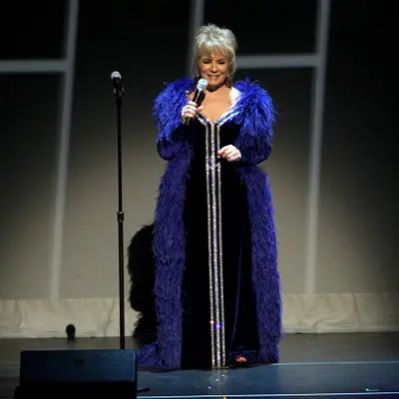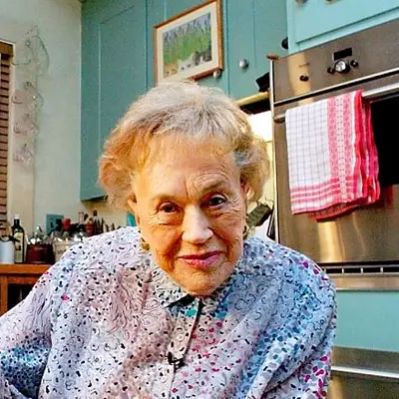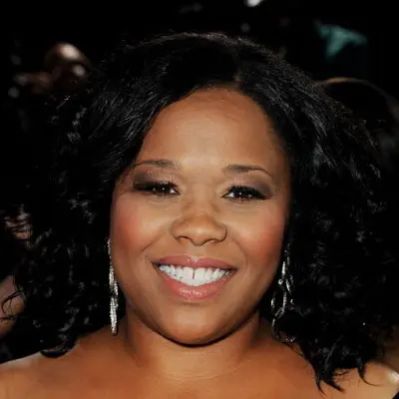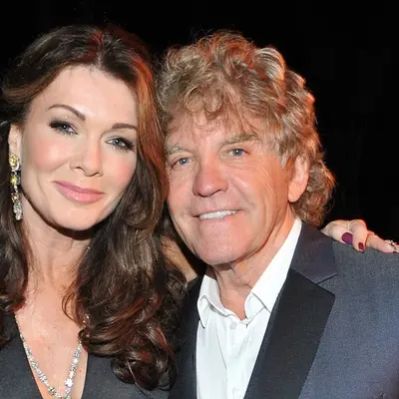What Is Richard Harris’ Net Worth?
At the time of his death in 2002, Richard Harris, the celebrated Irish actor, singer, producer, and director, had an estimated net worth of $20 million. This figure represents the culmination of a diverse and successful career spanning several decades and encompassing various entertainment industry facets.
Richard Harris: A Multifaceted Career and Its Financial Impact
Harris’s wealth was not solely derived from his acting roles, although they undoubtedly formed a significant portion of his earnings. His talent extended to music, where he achieved commercial success, particularly with Jimmy Webb’s “MacArthur Park,” a song that topped the charts in Canada and Australia.
Details regarding his specific earnings from album sales, royalties, and live performances are not publicly available, but the success of “MacArthur Park” and other musical endeavors certainly contributed to his overall net worth. His foray into producing and directing, while less frequent than his acting roles, would have also generated income. For example, he directed the 1970 film “The Hero,” though specific financial details about his earnings are unavailable.
His extensive filmography, with over 70 acting credits, included both leading and supporting roles in critically acclaimed and commercially successful films. He earned Academy Award nominations for “This Sporting Life” (1963) and “The Field” (1991) and won a Golden Globe for “Camelot” (1967). These accolades not only boosted his reputation but also increased his earning potential. Specific contract details for his early roles are not available, but as his career progressed, he would have commanded higher salaries, especially after the success of films like “Camelot.” His earlier film credits include “The Guns of Navarone” (1961) and “Mutiny on the Bounty” (1962), while later in his career, he starred in “Gladiator” (2000), which grossed over $503 million worldwide. He also played Albus Dumbledore in “Harry Potter and the Philosopher’s Stone” (2001) and “Harry Potter and the Chamber of Secrets” (2002), which were huge financial successes, grossing over $1 billion and $879 million, respectively. While his exact salary for these roles is unknown, it is reasonable to assume that he received a substantial sum, significantly contributing to his net worth.
Richard Harris’ Early Life, Career Beginnings, and Investments
Richard Harris was born on October 1, 1930, in Limerick, Ireland, to Mildred and Ivan Harris. His father was a flour merchant. The family lived in a home called Overdale, a nine-bedroom house, but there are no records of any monetary transactions or inheritances influencing his early financial standing.
After recovering from tuberculosis, which interrupted his rugby career at Crescent College, Harris moved to Great Britain with aspirations to become a director. He enrolled at the London Academy of Music and Dramatic Art to study acting after failing to find a suitable directing course. During his time as a student, he rented the Irving Theatre and directed Clifford Odets’ “Winter Journey (The Country Girl).” This initiative shows his entrepreneurial spirit, although any financial gains or losses from this early venture are undocumented.
His first film role was in “Alive and Kicking” (1959). His early film roles, including appearances in “Shake Hands with the Devil” (1959) and “The Wreck of the Mary Deare” (1959), laid the foundation for his career but likely did not command high salaries at that time.
Details of specific investments made by Harris are not publicly available. It is plausible that he invested in real estate, stocks, or other ventures, but there are no concrete records to confirm this.
Richard Harris: Career Highlights, Awards, and Earnings
Harris’s career was marked by numerous milestones. His Academy Award nomination for “This Sporting Life” in 1963 catapulted him to international recognition. He followed this with his Golden Globe-winning performance in “Camelot” (1967), further solidifying his status as a leading actor. During the 1970s, he starred in films such as “Cromwell” (1970) and “Gulliver’s Travels” (1977). Although specific earnings data is unavailable for these roles, it is likely that his salary increased significantly during this period.
In the 1990s, he appeared in films like “The Field” (1991), “Patriot Games” (1992), and “Unforgiven” (1992). His role as Marcus Aurelius in “Gladiator” (2000) introduced him to a new generation of audiences. The success of “Gladiator” likely resulted in a substantial payday for Harris, though the exact amount remains undisclosed.
His portrayal of Albus Dumbledore in the first two “Harry Potter” films was another significant milestone. These films were massive commercial successes, and Harris’s involvement undoubtedly contributed to his net worth, even if the specific amount of his earnings from these films remains private.
He received numerous awards and nominations throughout his career. In addition to his Academy Award and Golden Globe nominations, he won a Grammy Award for Best Spoken Word Recording for “Jonathan Livingston Seagull” in 1974. These accolades not only recognized his talent but also enhanced his marketability and earning potential.
He received two Academy Award nominations for Best Actor in a Leading Role, for “This Sporting Life” in 1964 and “The Field” in 1991. “This Sporting Life” also earned him Best Actor awards at the Cannes Film Festival and New York Film Critics Circle Awards as well as a BAFTA Award nomination. In 1972, Richard received a Primetime Emmy nomination for Outstanding Single Performance by an Actor in a Leading Role for “The Snow Goose.” He won a Golden Globe for Best Motion Picture Actor – Musical/Comedy for “Camelot” in 1968 and earned a nomination for Best Actor in a Motion Picture – Drama for “The Field” in 1991. Harris received four Grammy nominations, winning Best Spoken Word Recording for “Jonathan Livingston Seagull” in 1974. His other nominations were for Best Contemporary Pop Vocal Performance, Male for “MacArthur Park” (1969), Album of the Year for “A Tramp Shining” (1969), and Best Spoken Word Recording for “The Prophet” (1975). In 2002, he was posthumously honored with the Richard Harris Award at the British Independent Film Awards, and he earned a nomination for Best Actor for “My Kingdom.” In 2000, Richard shared a Screen Actors Guild Award nomination for Outstanding Performance by the Cast of a Theatrical Motion Picture with his “Gladiator” co-stars. He also earned CableACE Award nominations for Actor in a Theatrical or Musical Program for “Camelot” (1983) and Actor in a Movie or Miniseries for “Abraham” (1995). Harris received Lifetime Achievement Awards from the European Film Awards (2000), Wine Country Film Festival (2000), and Empire Awards (2001), and he won the London Critics Circle Film Awards’ Dilys Powell Award in 2001.
Richard Harris’ Personal Life and Real Estate Holdings
Richard Harris’s personal life was eventful. He was married twice, first to Elizabeth Rees-Williams in 1957, with whom he had three children: Jared Harris, Jamie Harris, and Damian Harris. They divorced in 1969. He later married Ann Turkel, but they divorced in 1982. These divorces may have had financial implications, although specific details of any settlements are not publicly available.
In 1968, Harris purchased William Burges’ Tower House in London for £75,000. He invested in restoring the Grade I listed building, hiring Campbell Smith & Company Ltd., the original decorators. In 1972, he sold the home to Led Zeppelin guitarist Jimmy Page. The specific profit or loss from this real estate transaction is unknown, but owning such a prestigious property would have been a significant asset.
Lifestyle, Habits, and Later Life
In his earlier years, Harris was known for his hard-partying lifestyle and heavy drinking, but he gave up alcohol in the early 1980s. He later resumed drinking Guinness. He also overcame a cocaine overdose in 1978, leading him to abstain from drugs. These lifestyle changes likely had positive effects on his health and potentially his finances as well. Any money saved from abandoning a lavish life style may have increased Richard Harris’ Net Worth.
Richard Harris passed away on October 25, 2002, at the age of 72, after being diagnosed with Hodgkin’s disease. His ashes were scattered at his home in the Bahamas. Any inheritance or estate planning details remain private.
 Net Worth Ranker
Net Worth Ranker
